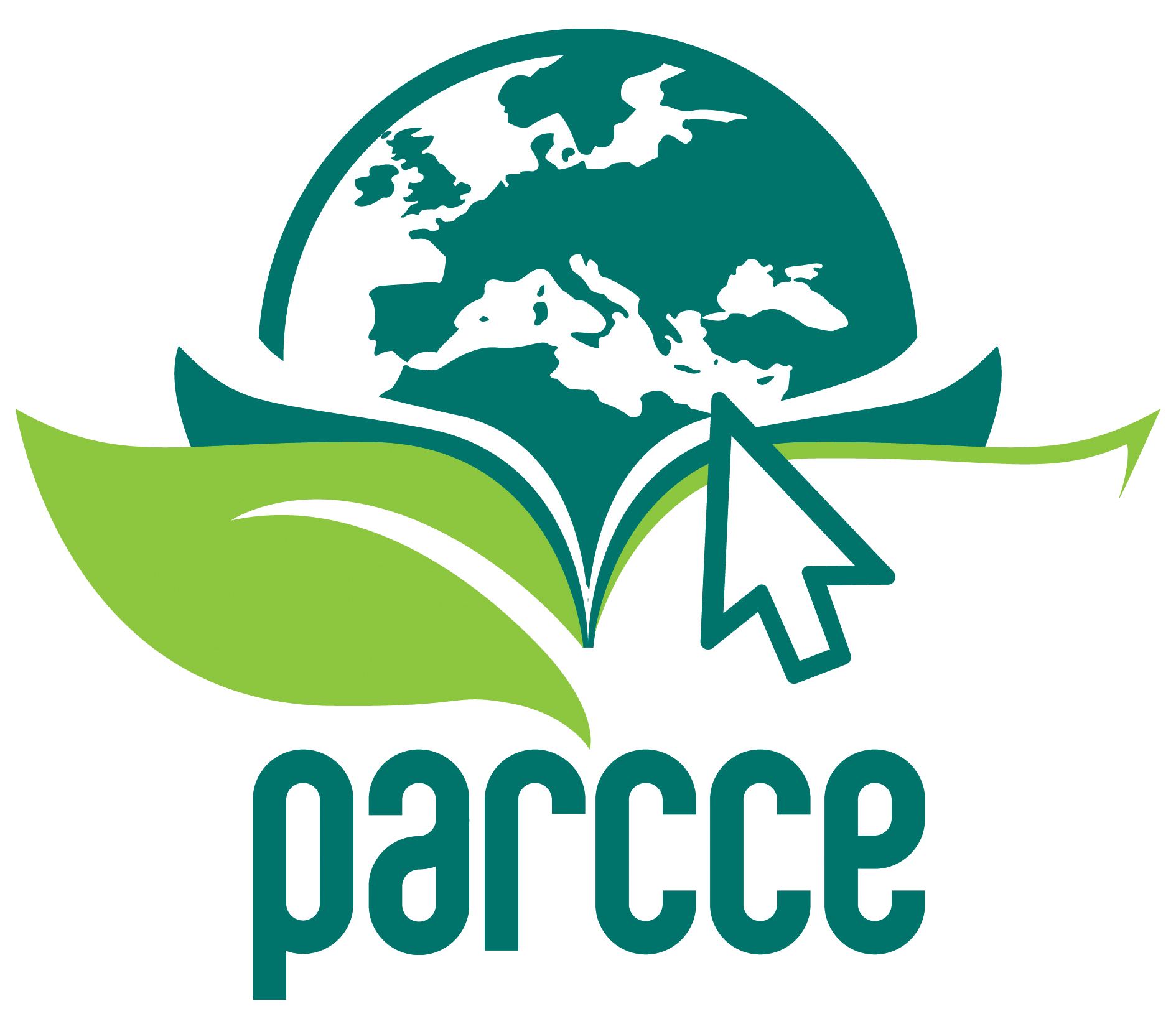For today’s young students, understanding climate change can be a challenging endeavor. The abundance of information and the complexity of scientific concepts can easily lead to confusion and uncertainty about how to respond to this global issue. Furthermore, many young people may feel that their individual efforts won’t have a big enough impact, making proactive climate change action appear daunting. Despite these challenges, students today are in a unique position to promote change and spearhead sustainable projects. It is imperative that young people recognize the urgency of the climate crisis and are empowered to take proactive steps toward a more sustainable future.
Augmented Reality (AR) technology offers a promising tool to address this challenge. Unlike traditional educational methods, AR can animate complex environmental processes by immersing students in interactive and visually stimulating experiences. Students can observe the effects of climate change up close thanks to augmented reality, which helps them develop greater awareness and empathy for the environment. Furthermore, by offering simulated scenarios in which they can make decisions in real time that affect environmental outcomes, AR can encourage young people to take initiative.
Led by MIO-ECSDE, the 3-year long PARCCE project aims to help address the climate crisis through quality education in the Mediterranean, Europe’s climate change hotspot.

- Level of completion 30%
The aim of the PARCCE project is to contribute in addressing the climate crisis through quality education in the Mediterranean, Europe’s climate change hotspot. It will promote climate change education through developing and testing traditional and innovative teaching methods, directly engaging educators and pupils in climate change issues, in a setting where key competences such as critical thinking, inclusive and collaborative problem solving will be developed, as students get more science, climate, and ICT literate towards a climate neutral EU2050.
To meet its objectives PARCCE will:
- Develop comprehensive, learner-friendly educational material on Climate Change for 9–13-year-olds, in all partner languages. This will include a “traditional” version and a version in which selected activities are transformed using AR, following a mapping exercise.
- Deliver a series of online and on-site teacher training courses in partner countries, ensuring teachers are equipped to implement Climate Change projects using Education for Sustainable Development (ESD), the Whole School Approach, and AR applications in their classrooms.
- Implement the developed educational material in partner and associate schools, engaging teachers, students, and the wider school community in both the traditional and AR versions. Appropriate measuring tools will help evaluate the impact of the project at school but also at the family level.
- Carry out targeted communication, dissemination, and exploitation activities to raise awareness of the project’s achievements and create appreciation of innovative educational approaches—particularly AR—as effective tools for supporting teachers in addressing climate change and sustainability in the classroom.
Through the above-mentioned tasks, the main expected results of the project are:
- Educational material on Climate Change developed for 9–13-year-olds, available in both traditional and Augmented Reality (AR) formats, and translated into all partner languages.
- Enhanced teacher capacity to implement Climate Change education through Education for Sustainable Development (ESD), the Whole School Approach, and AR, achieved via a series of online and on-site training sessions conducted in partner countries.
- Implemented and tested school interventions, with both the traditional and AR materials piloted and evaluated in partner and associate schools, engaging the wider school community and informing impact assessment at both school and family levels.
Project consortium:
- MIO-ECSDE through MEdIES – Greece (Lead)
- University of Crete – Greece
- 1st Primary School of Rafina – Greece
- Ministry of Education, Culture, Sport & Youth / Pedagogic Institute – Cyprus
- Pernera Primary School – Cyprus
- Circolo Festambiente – Italy
- Istituto Comprensivo Orsino Orsini – Italy
- U Marinu-Bastia – France
- College Montessoro-Bastia – France
Associated Partners:
- Doukas School – Greece
- 1st Primary School of Pyrgos – Greece
Title: Physical & Augmented Reality for Climate Change Education (PARCCE)
Funding instrument: The project is co-funded by the Erasmus+ programme of the European Union. (Ref: 2023-1-EL01-KA220-SCH-000158033)
Project duration: 36 months (Nov 2023- Oct 2026)
Project budget: € 400.000
Webpage: https://www.parcce.eu/